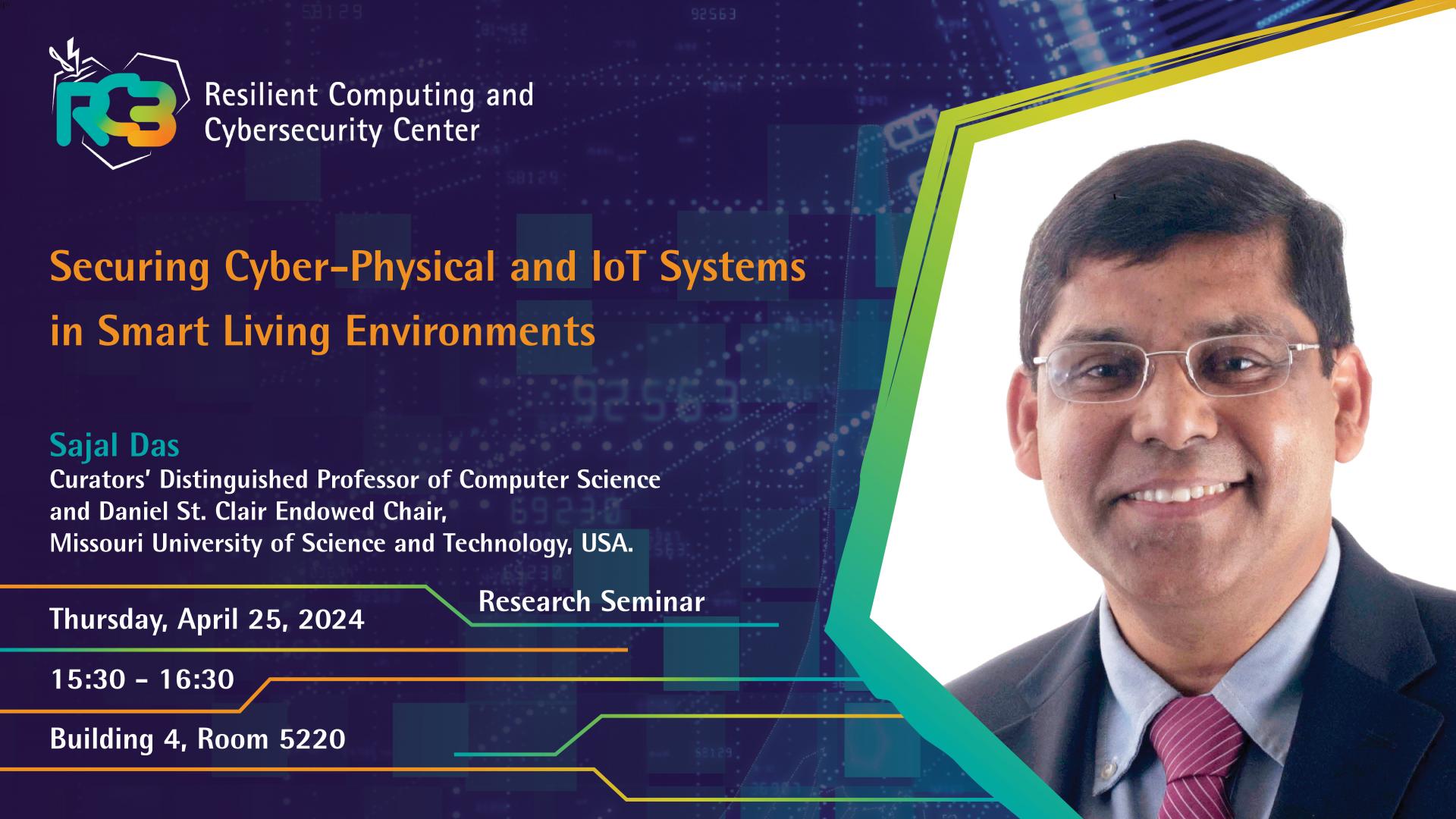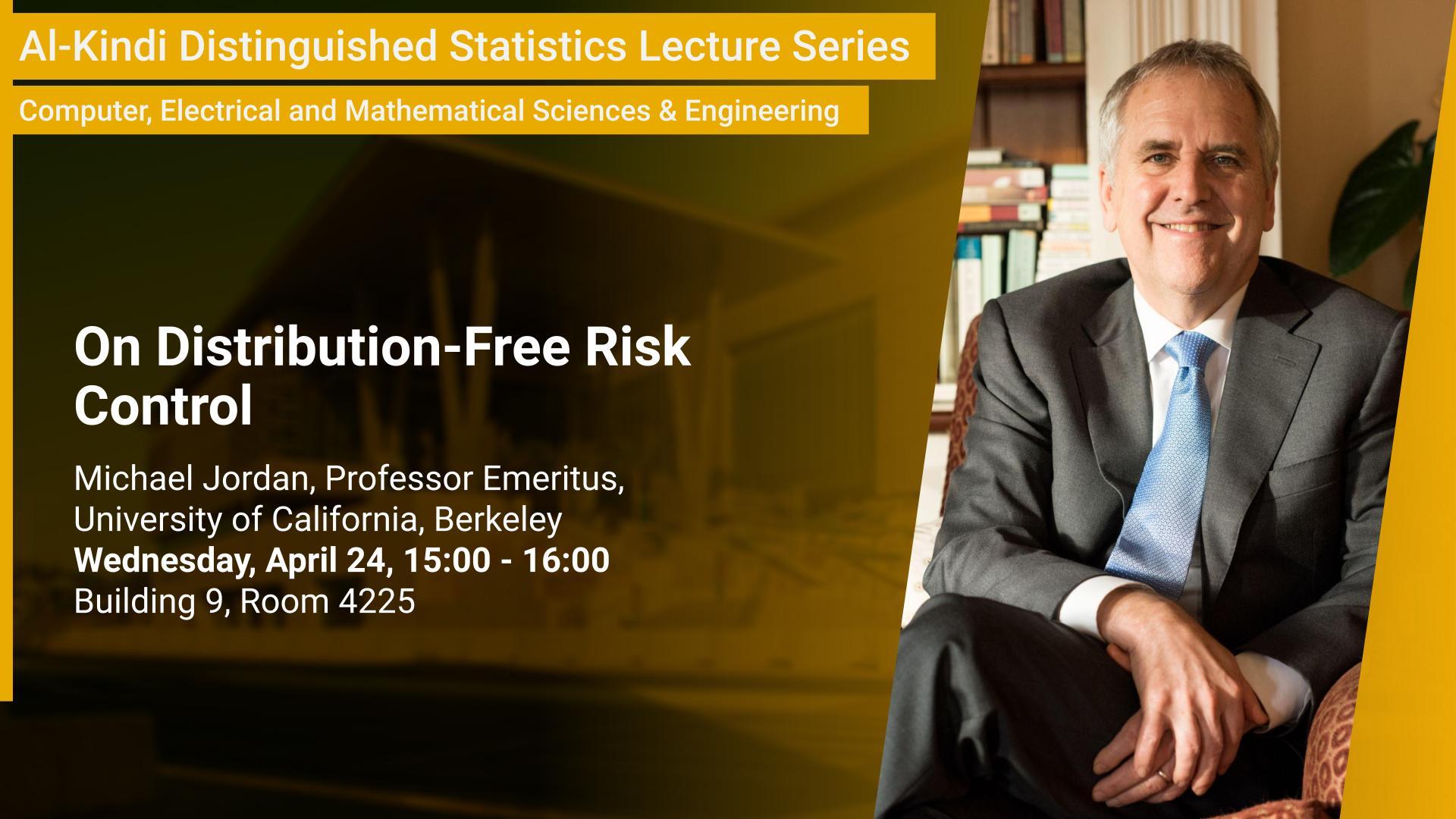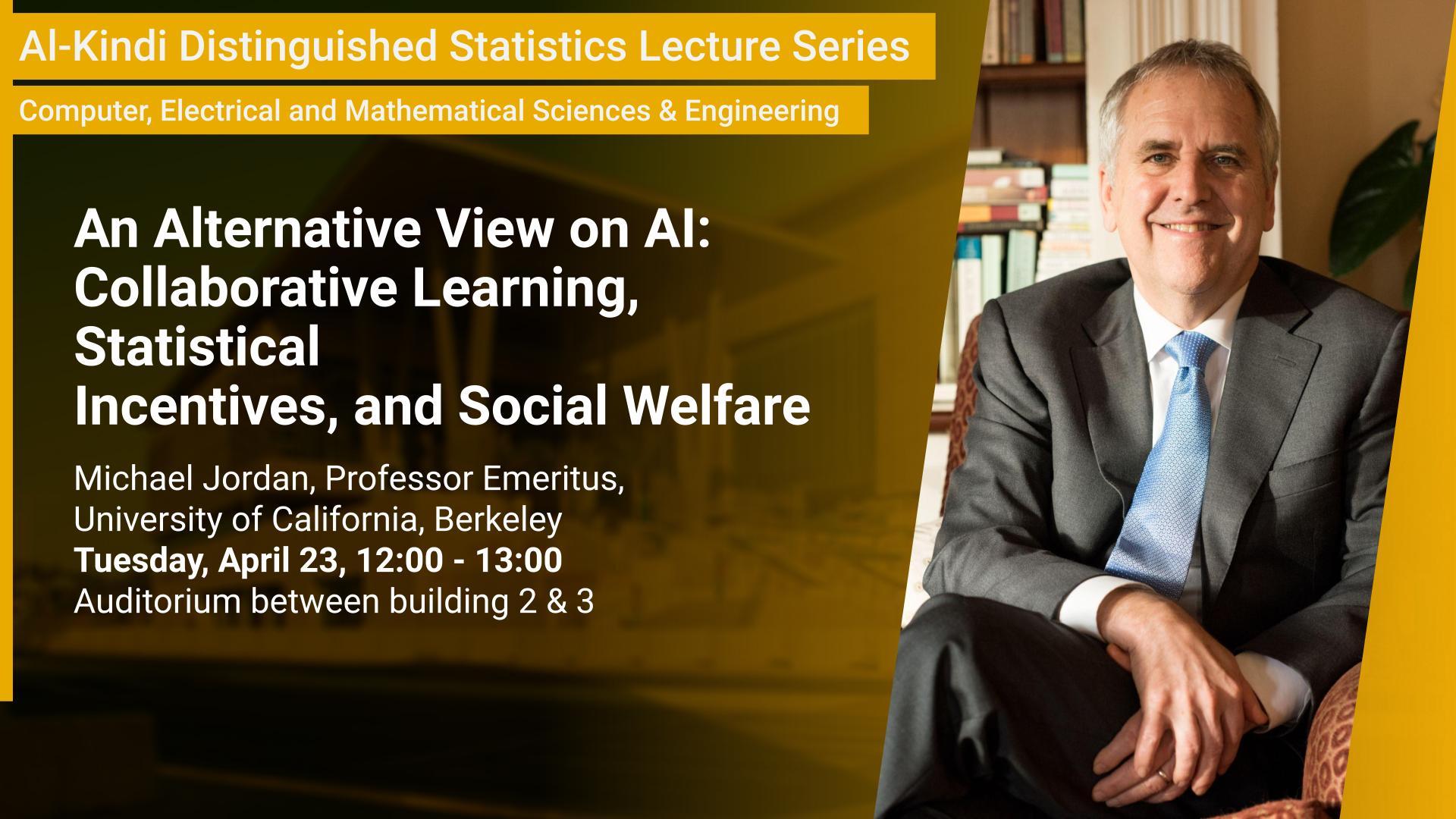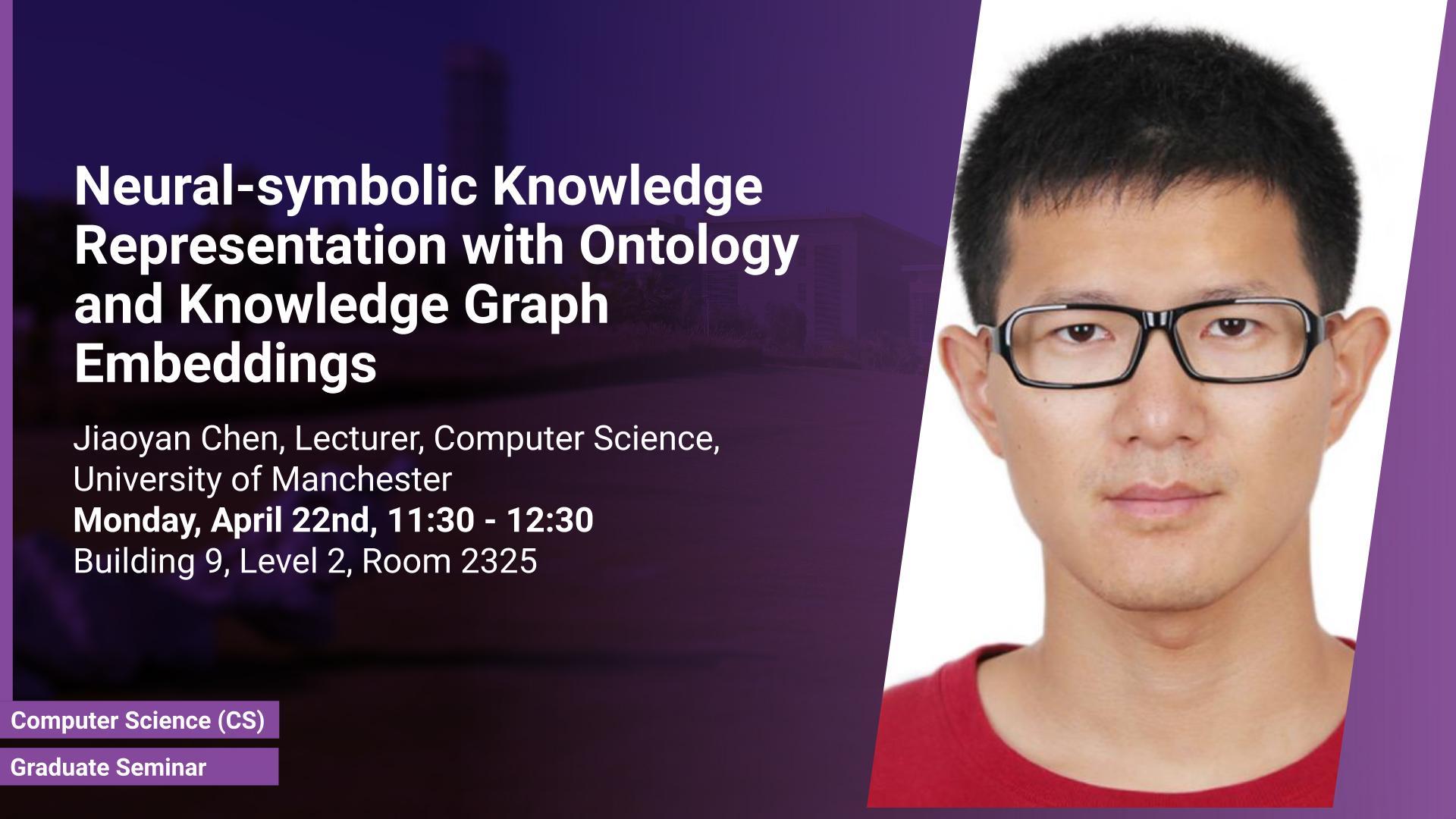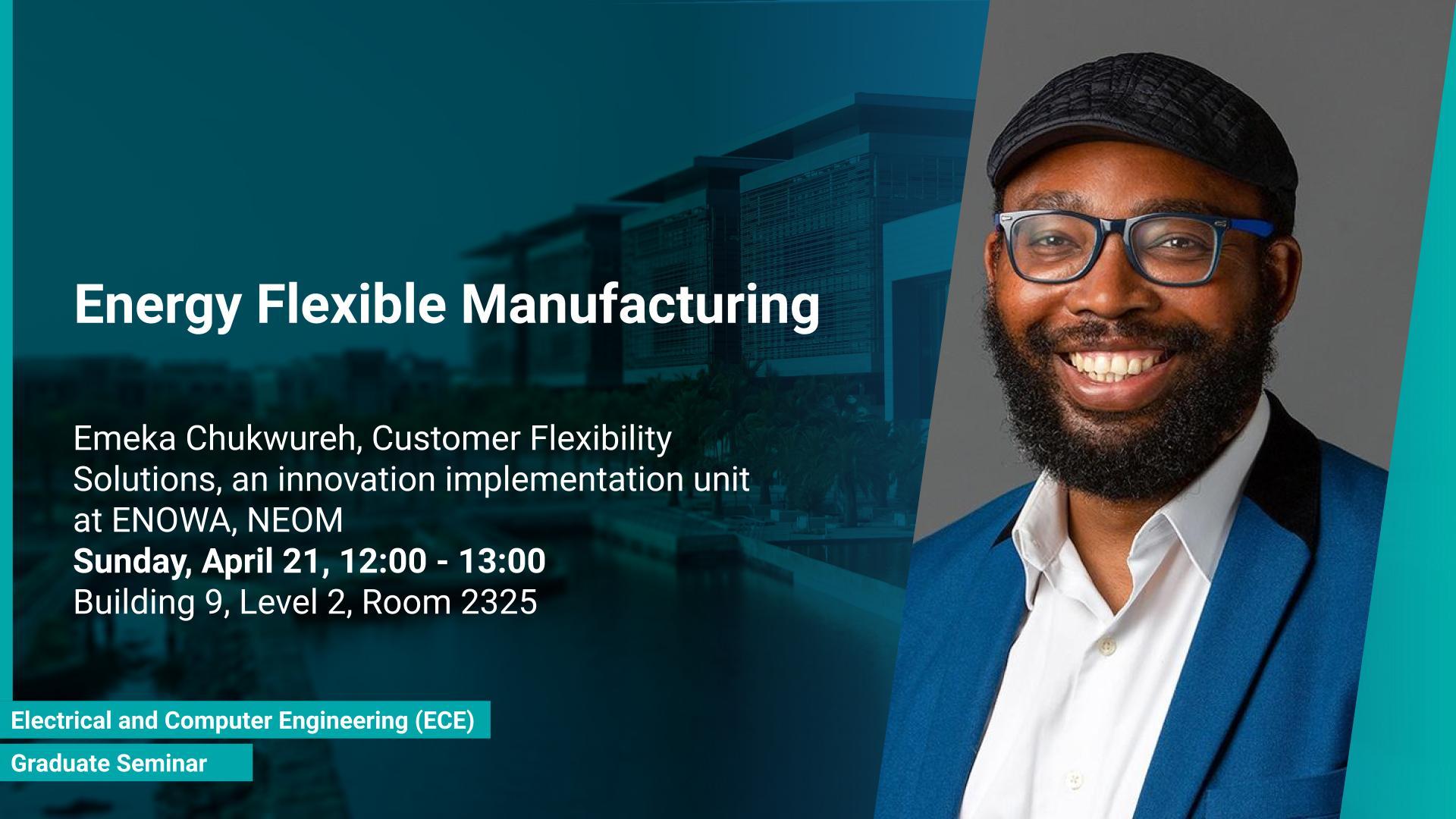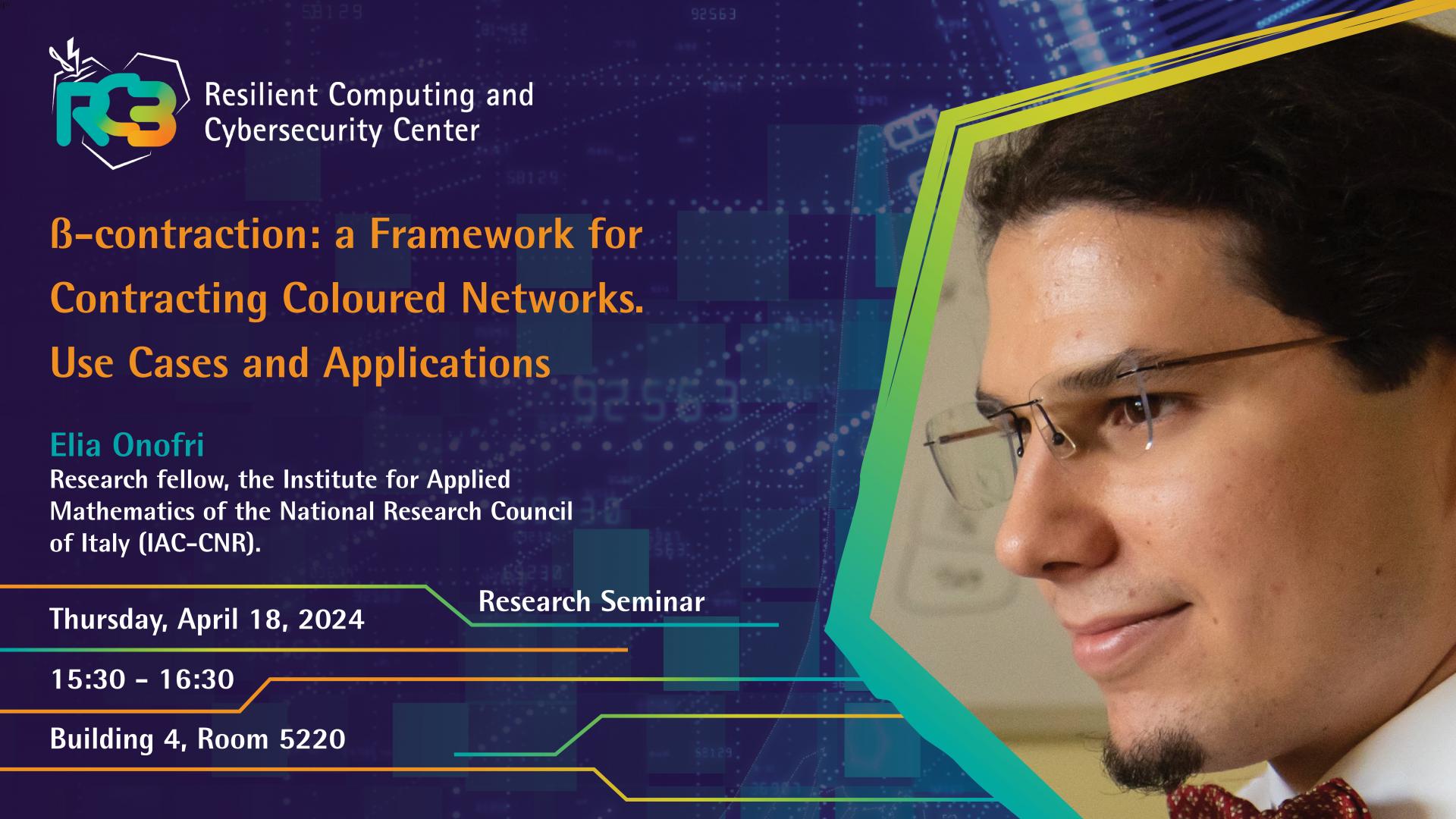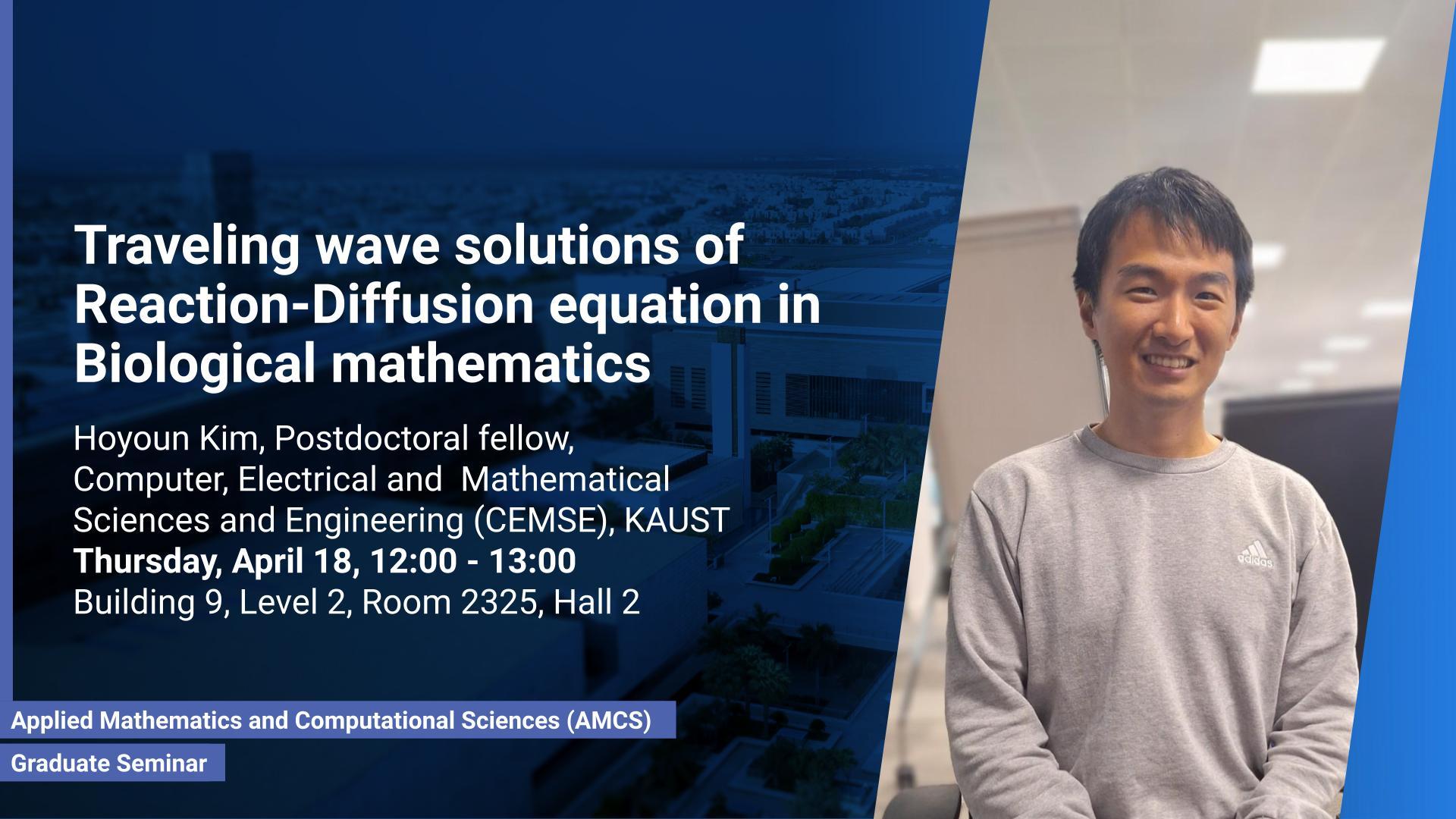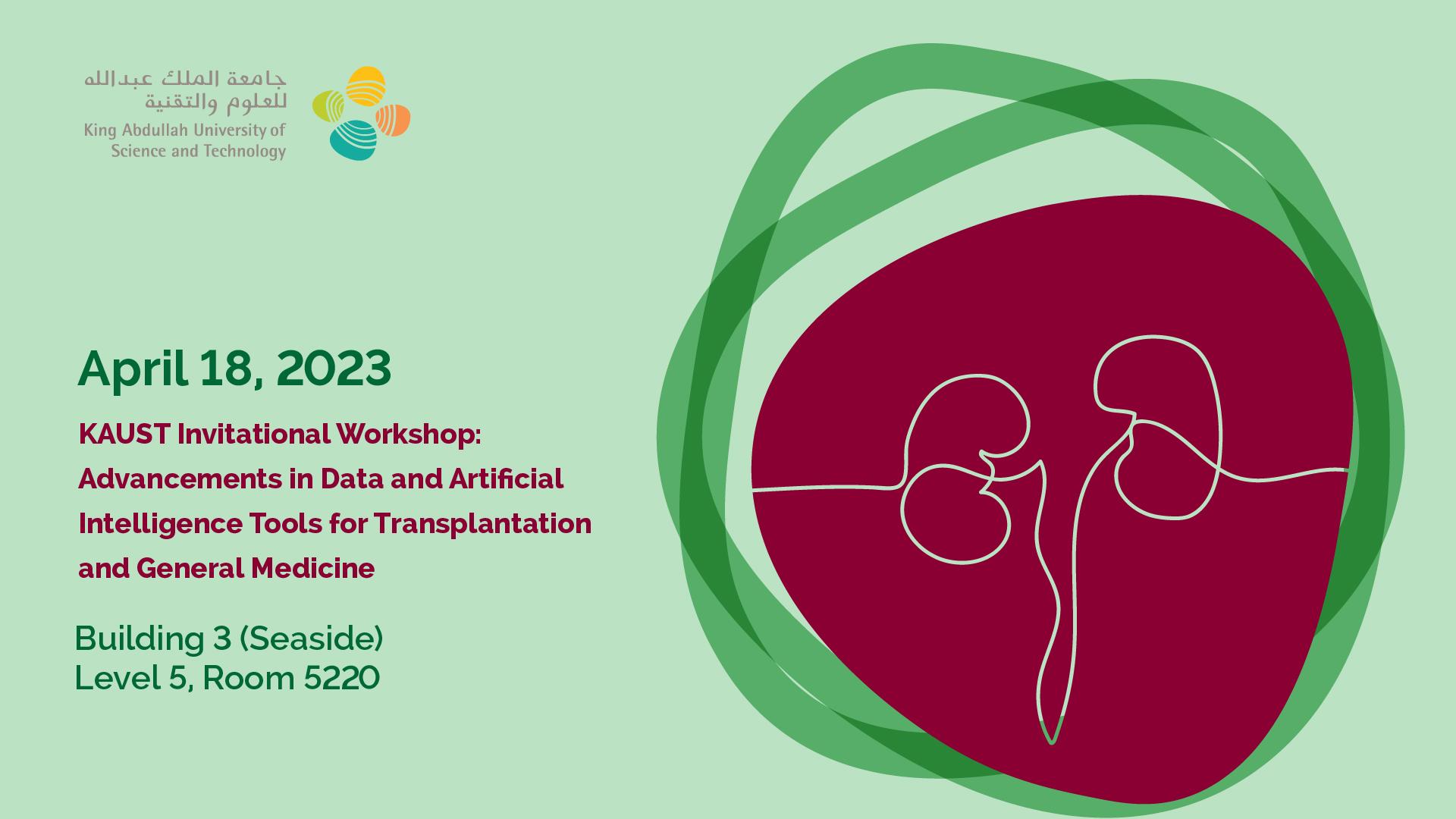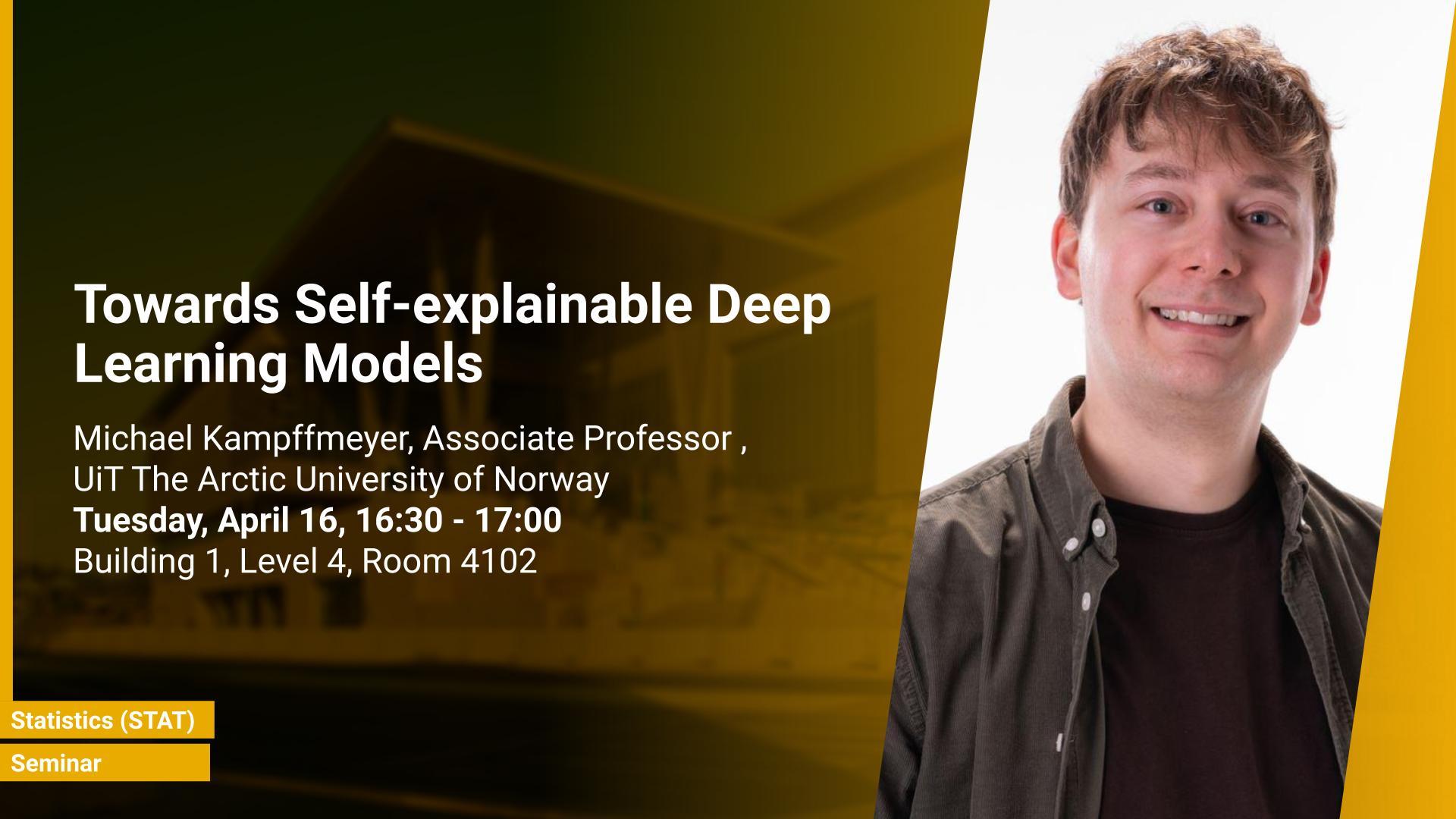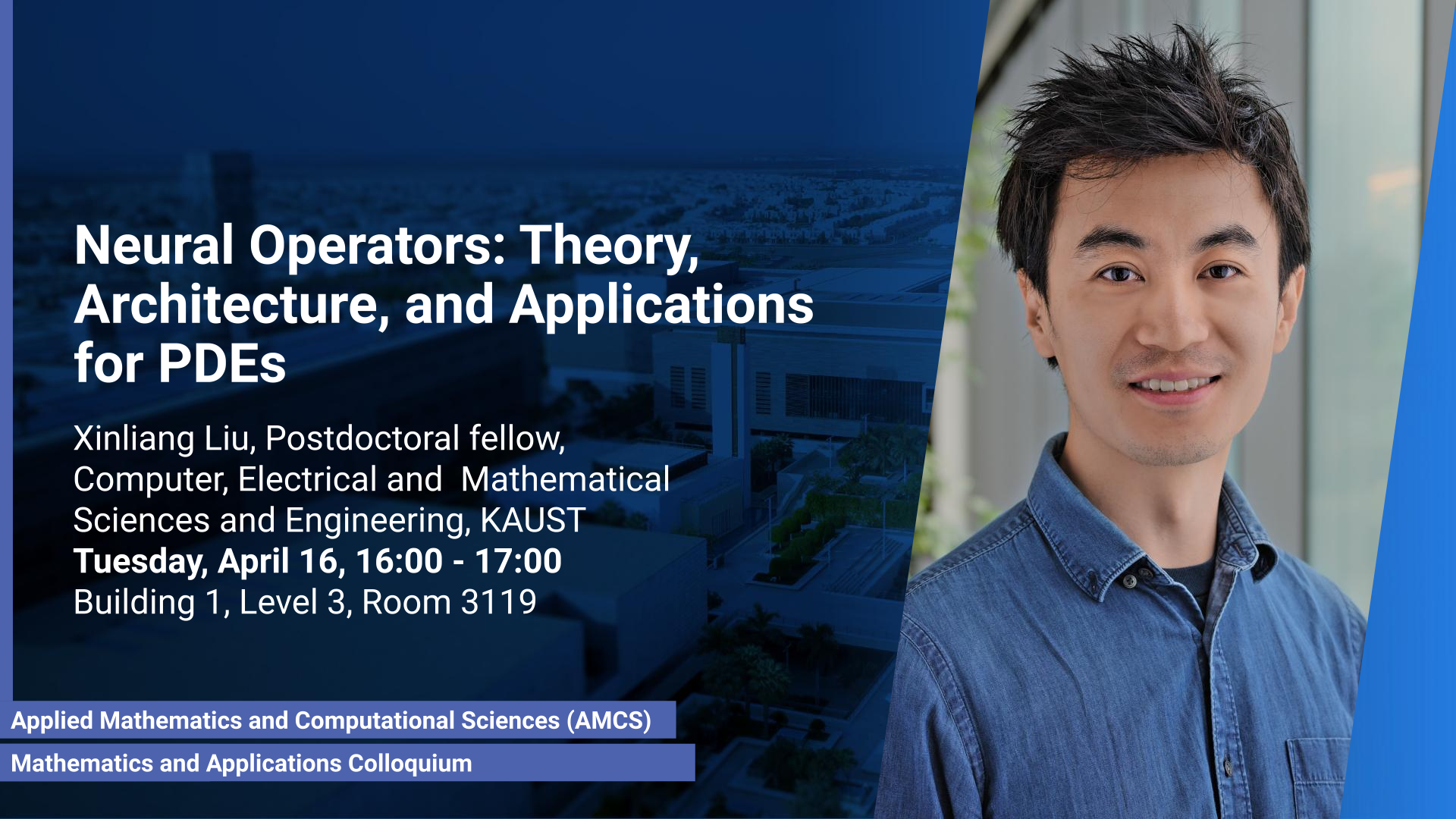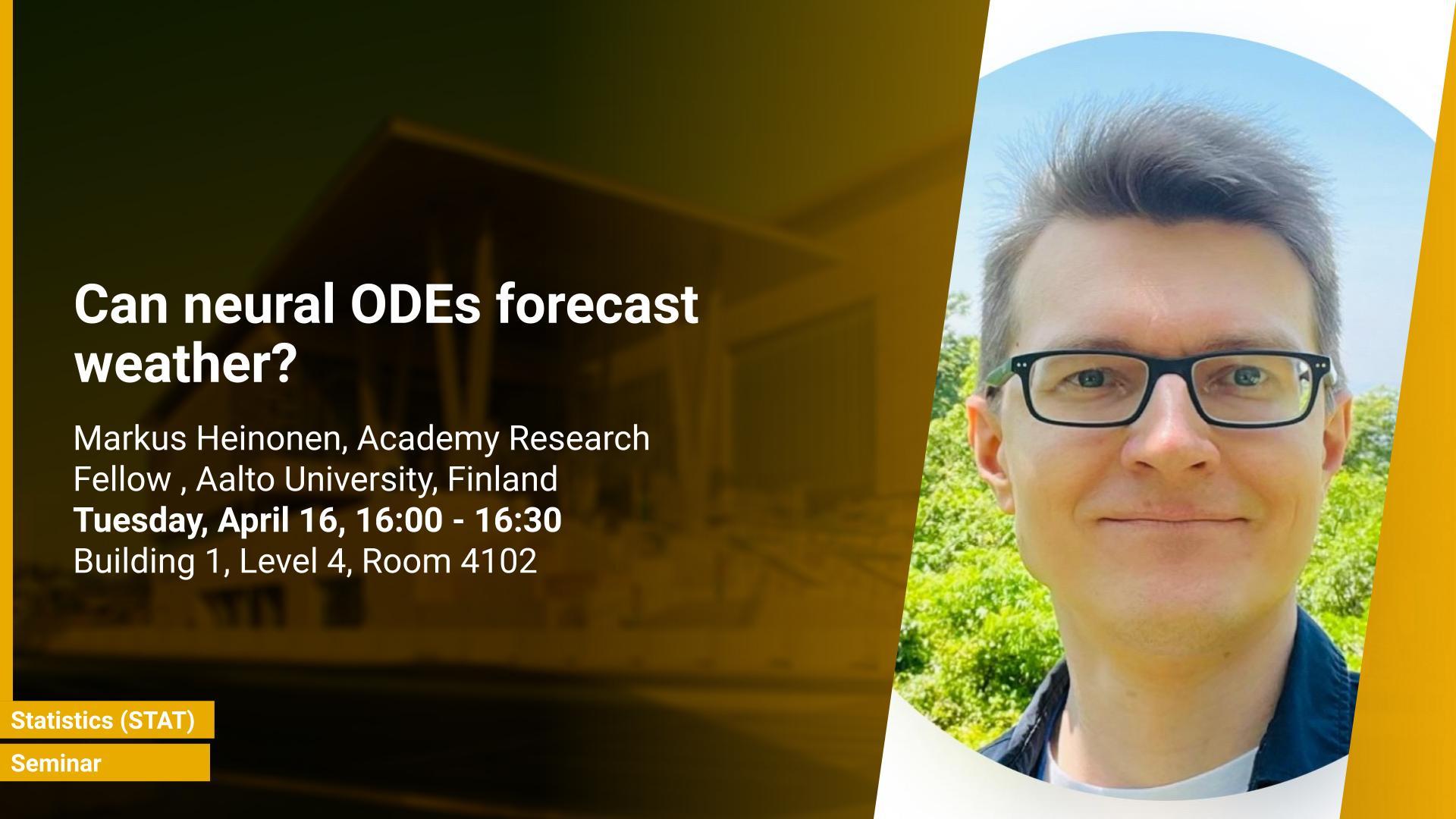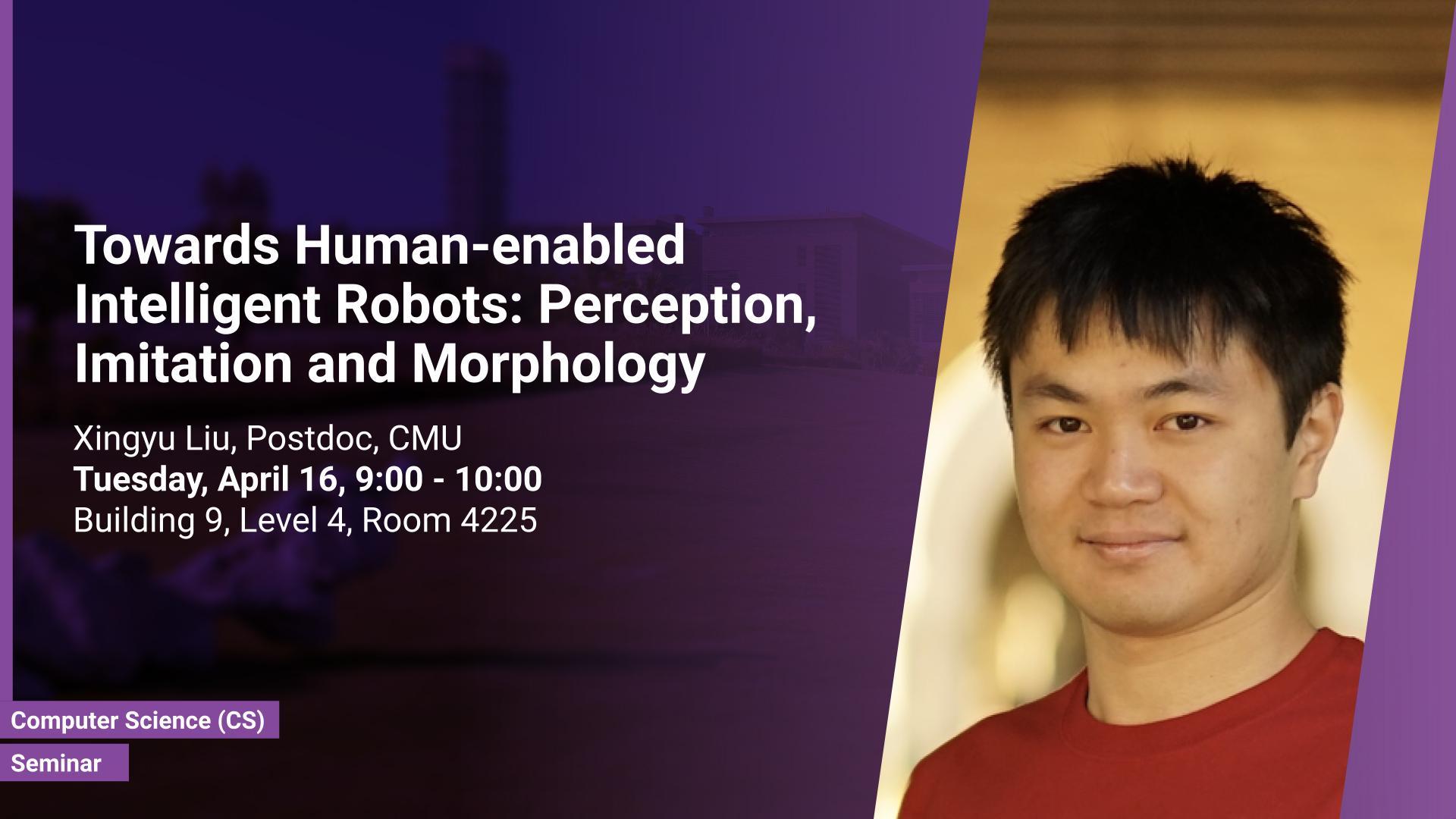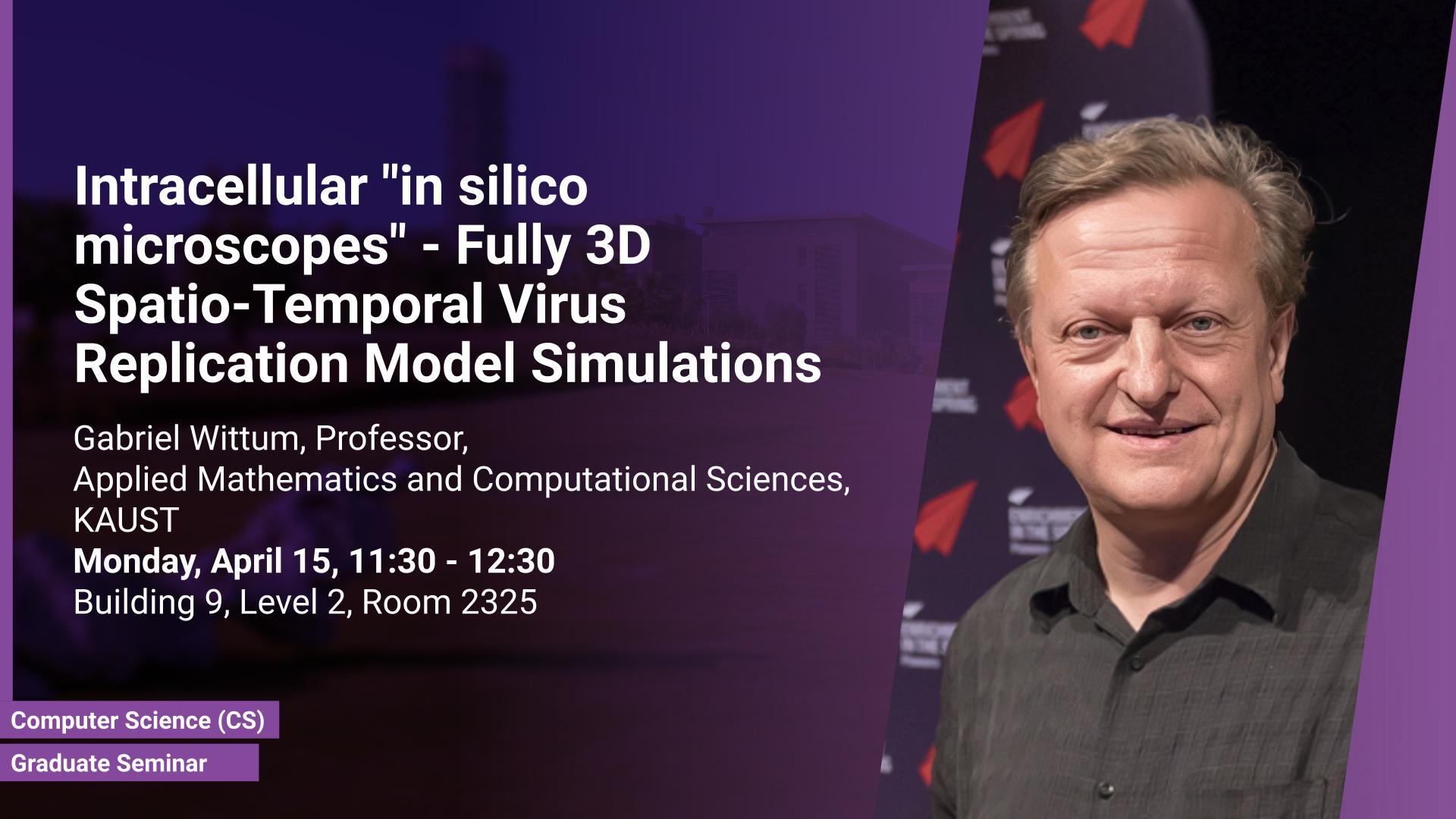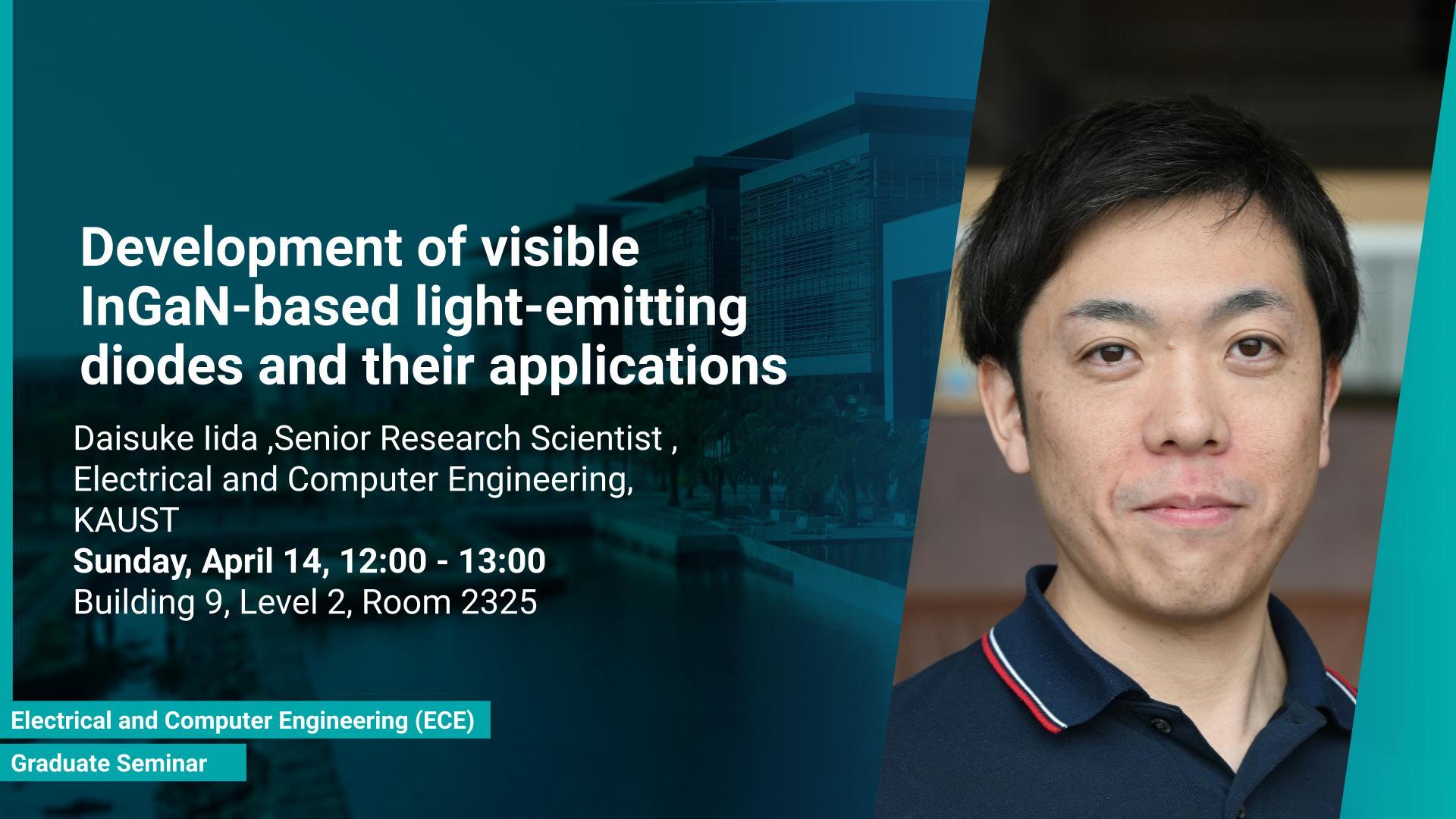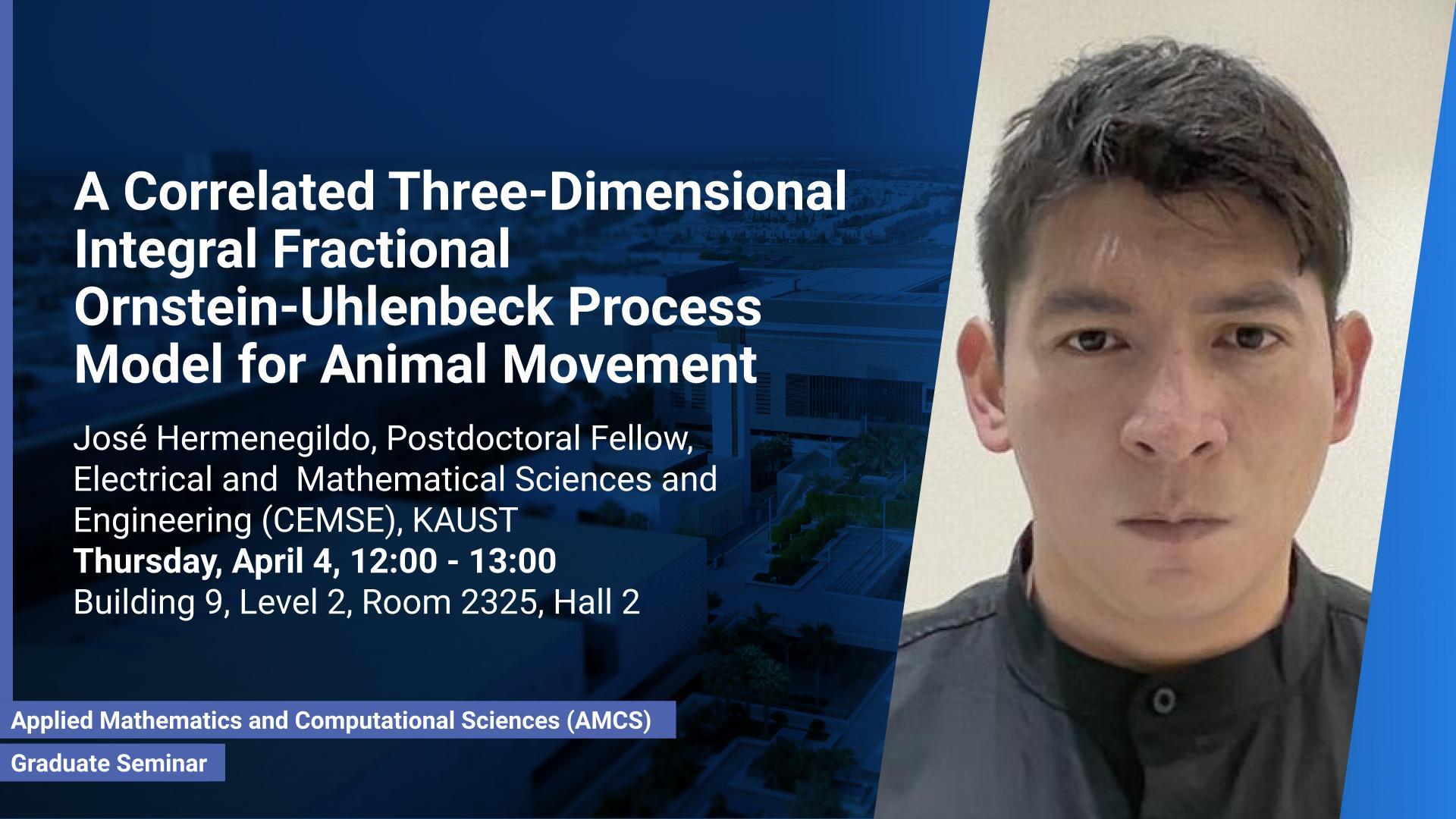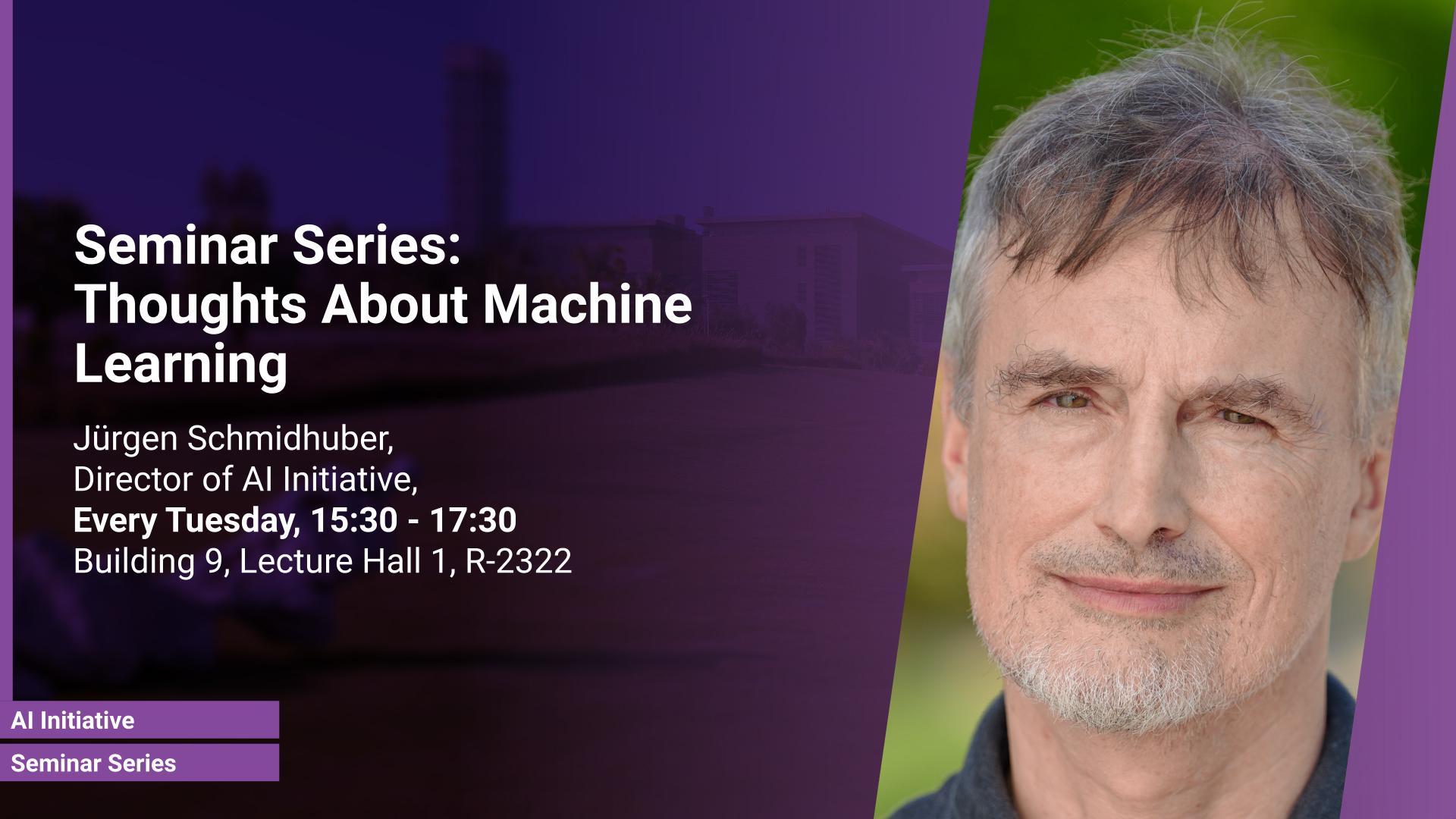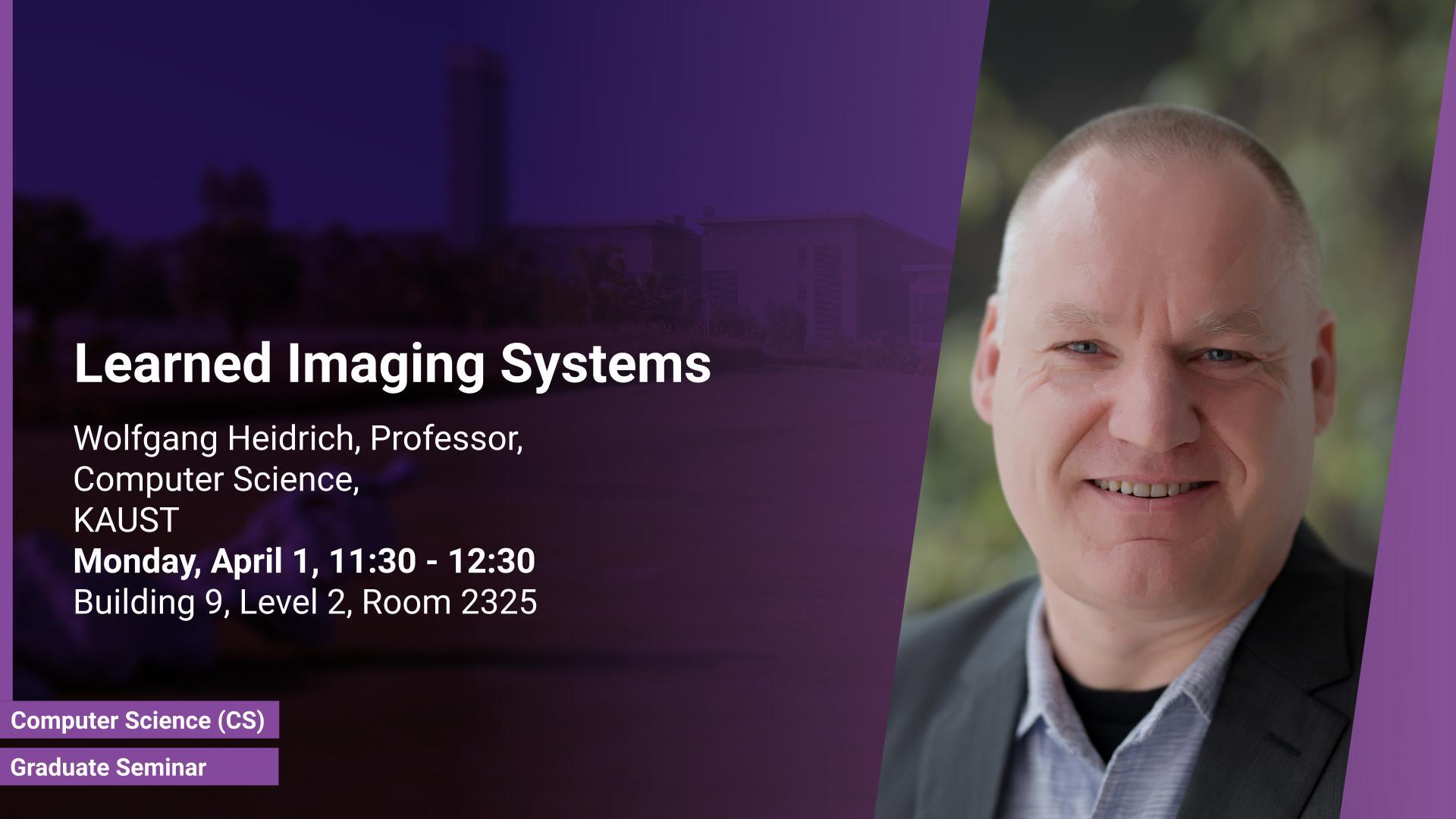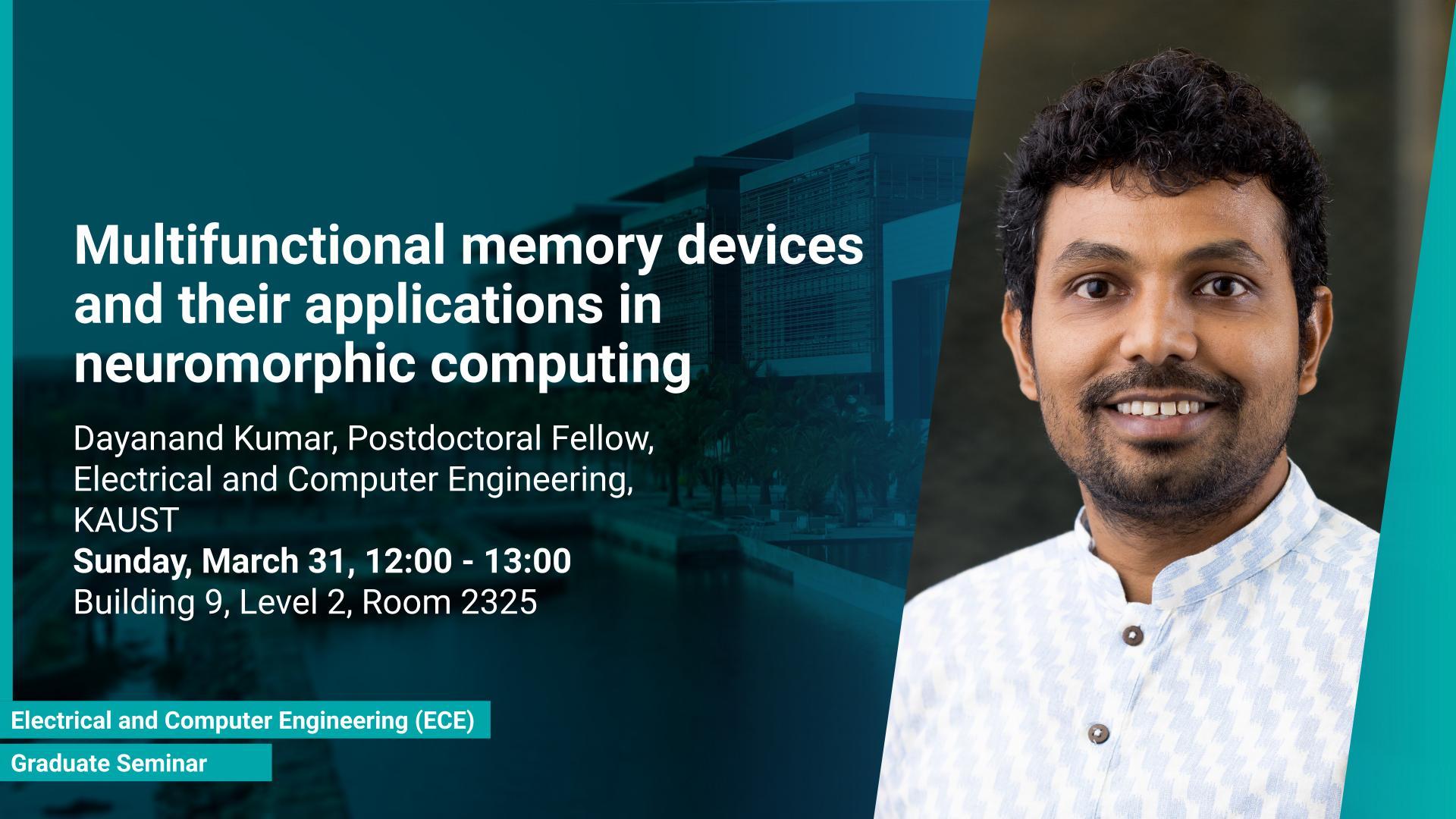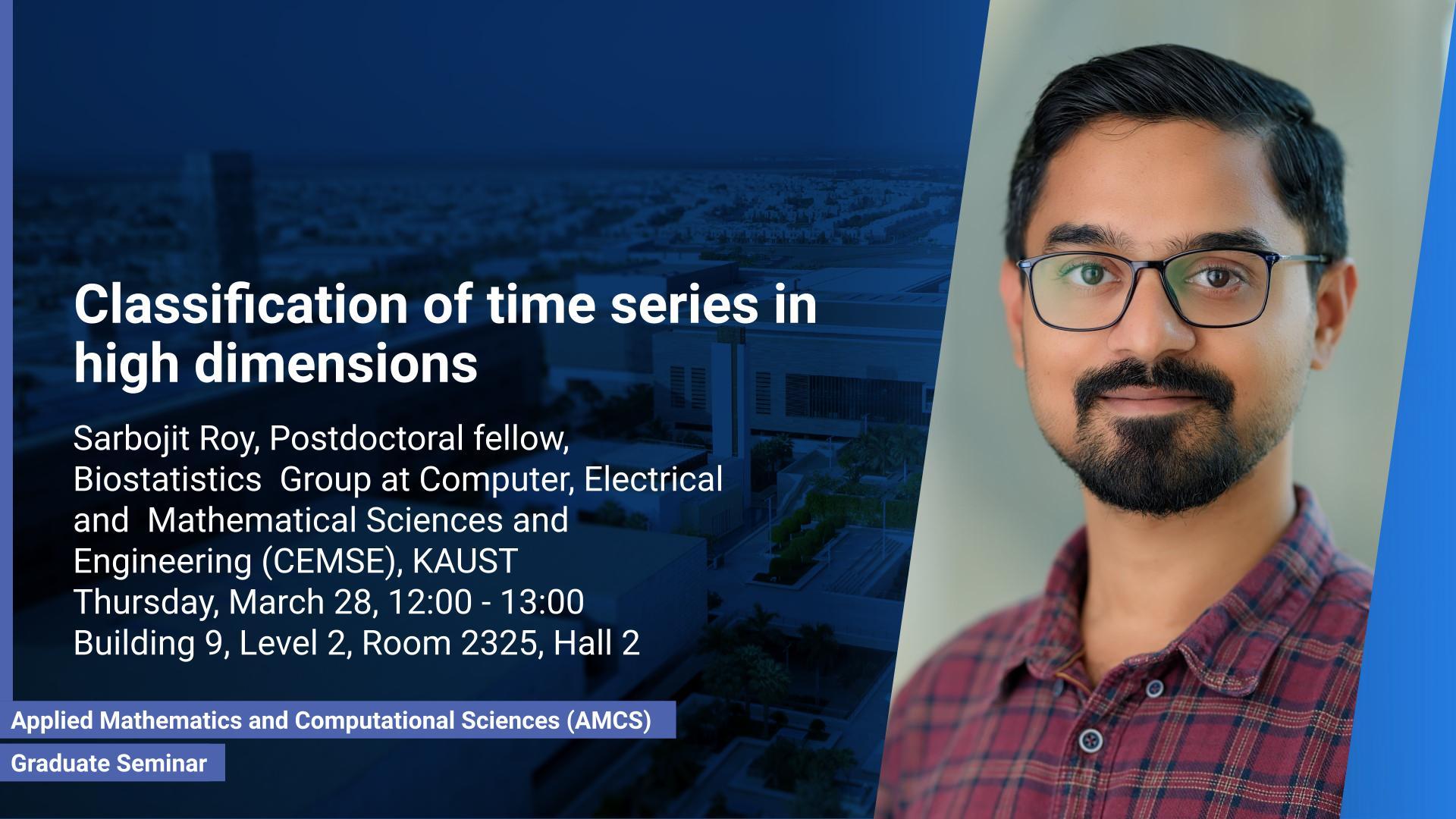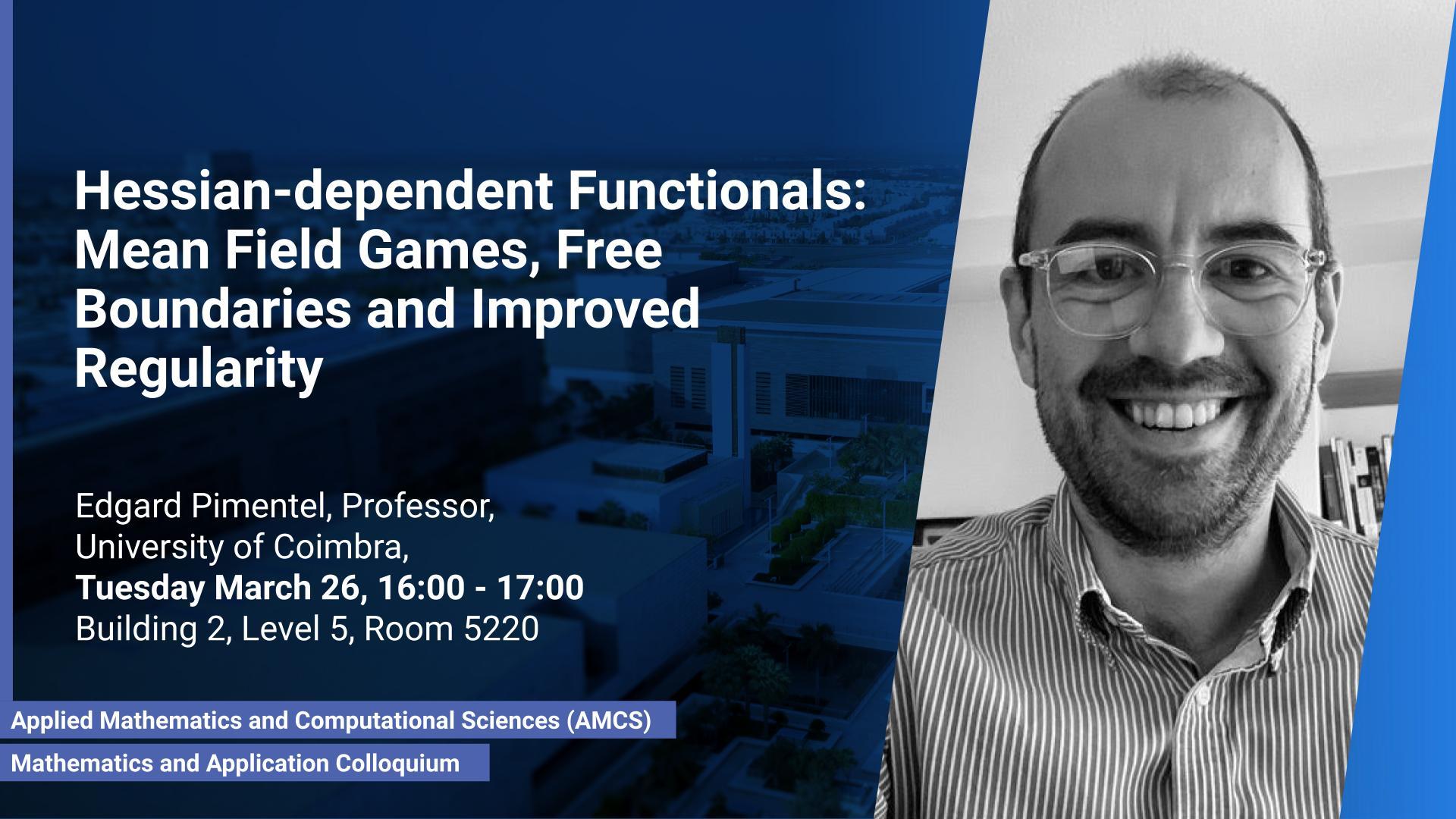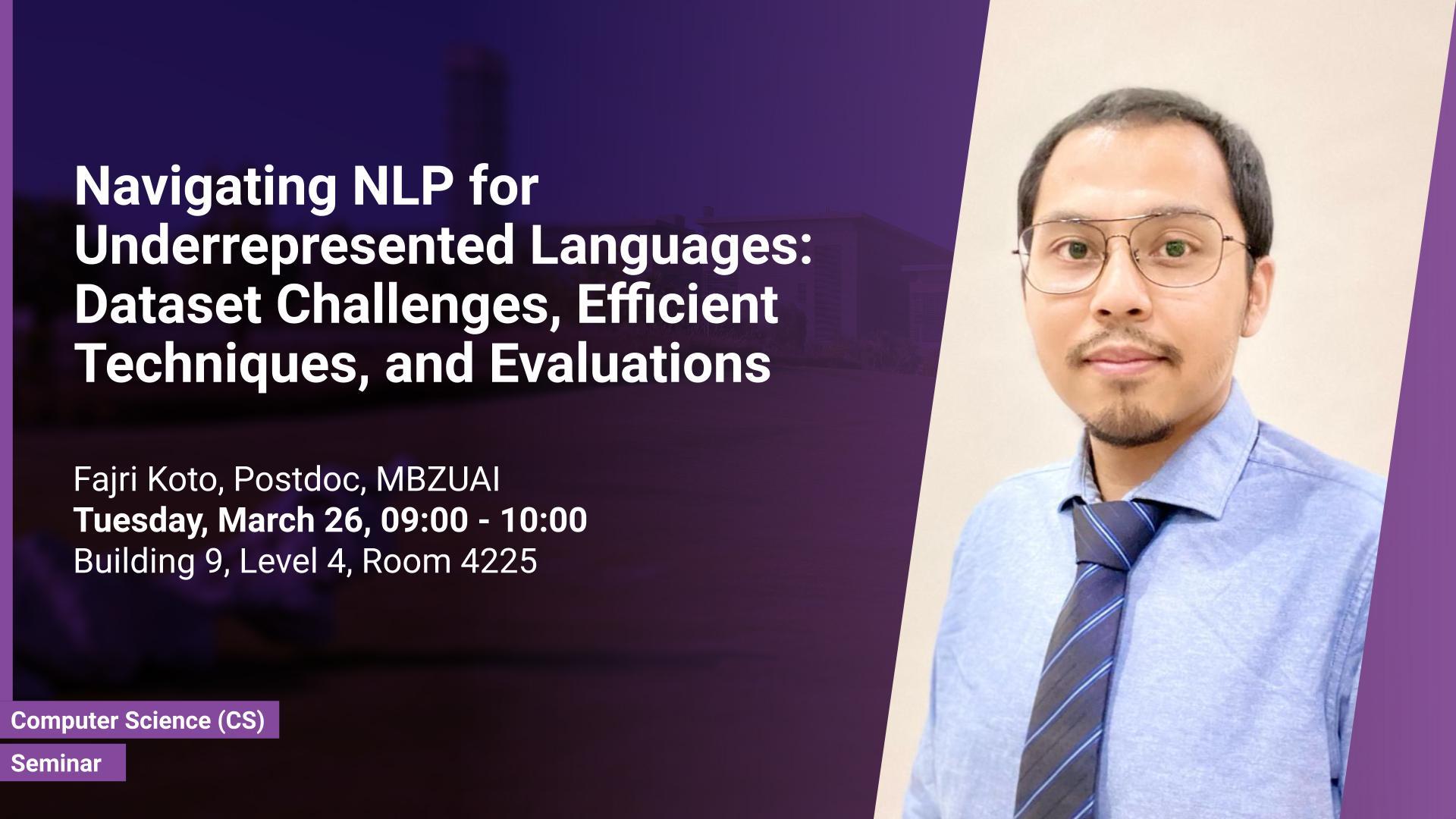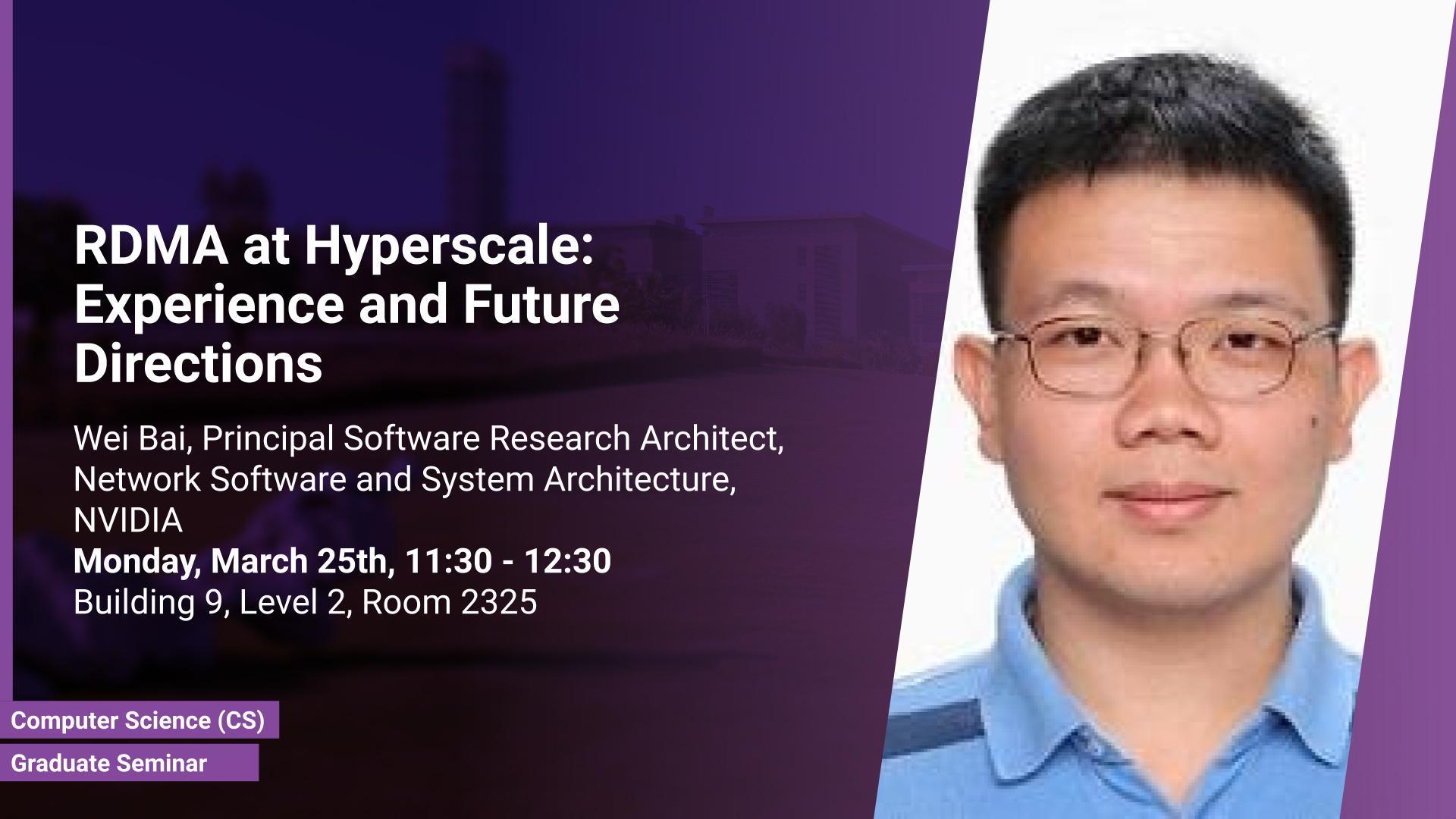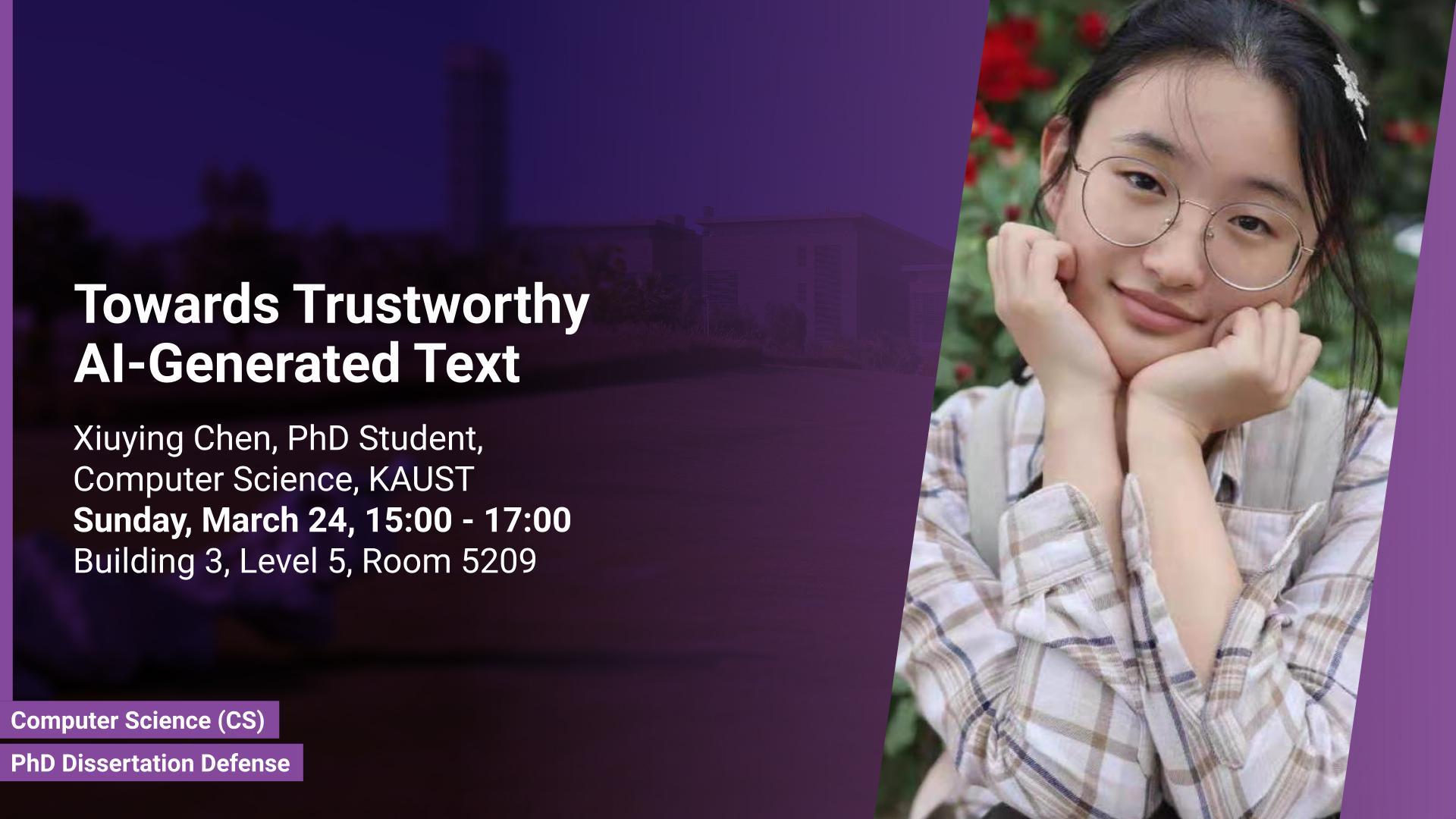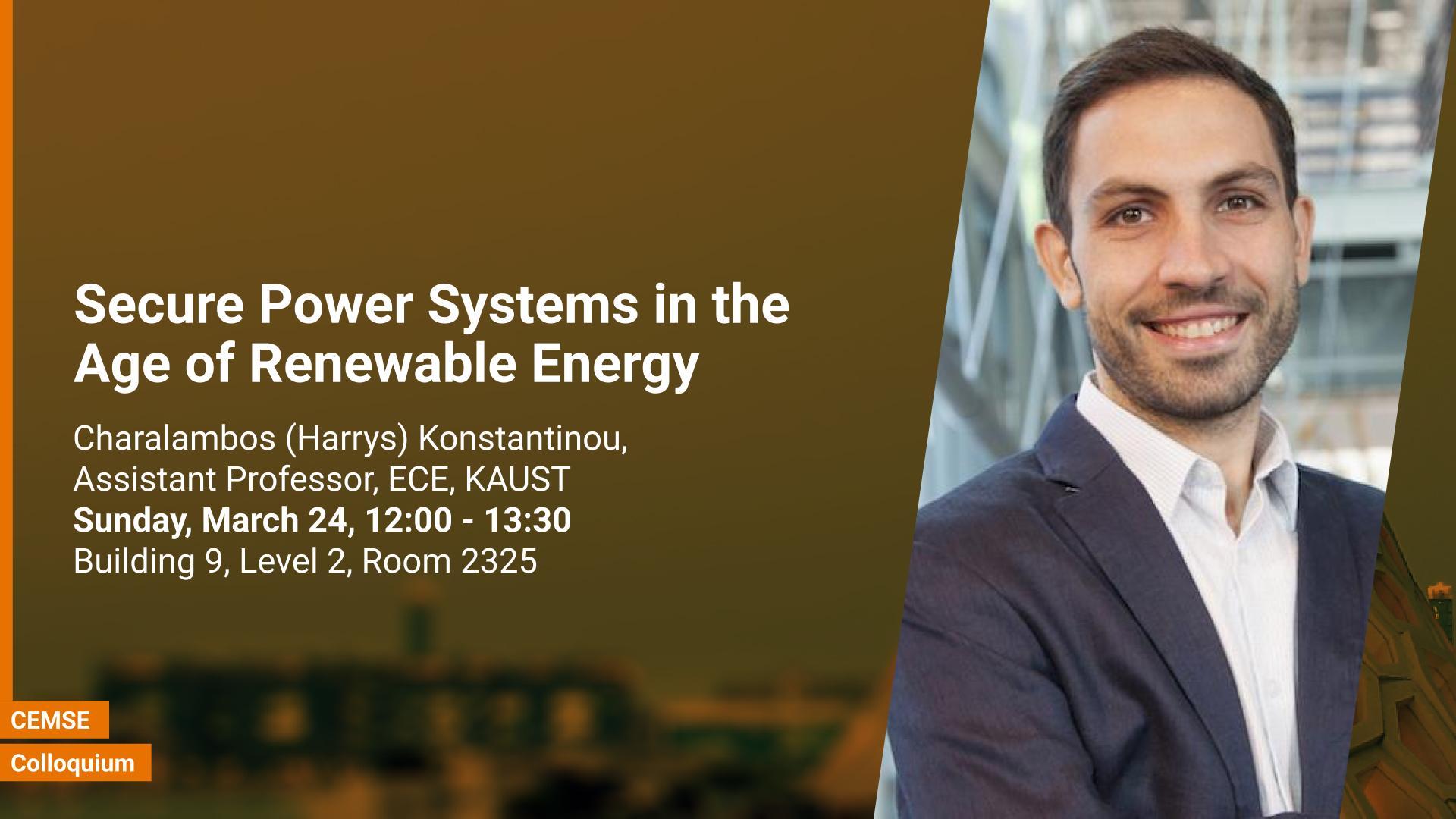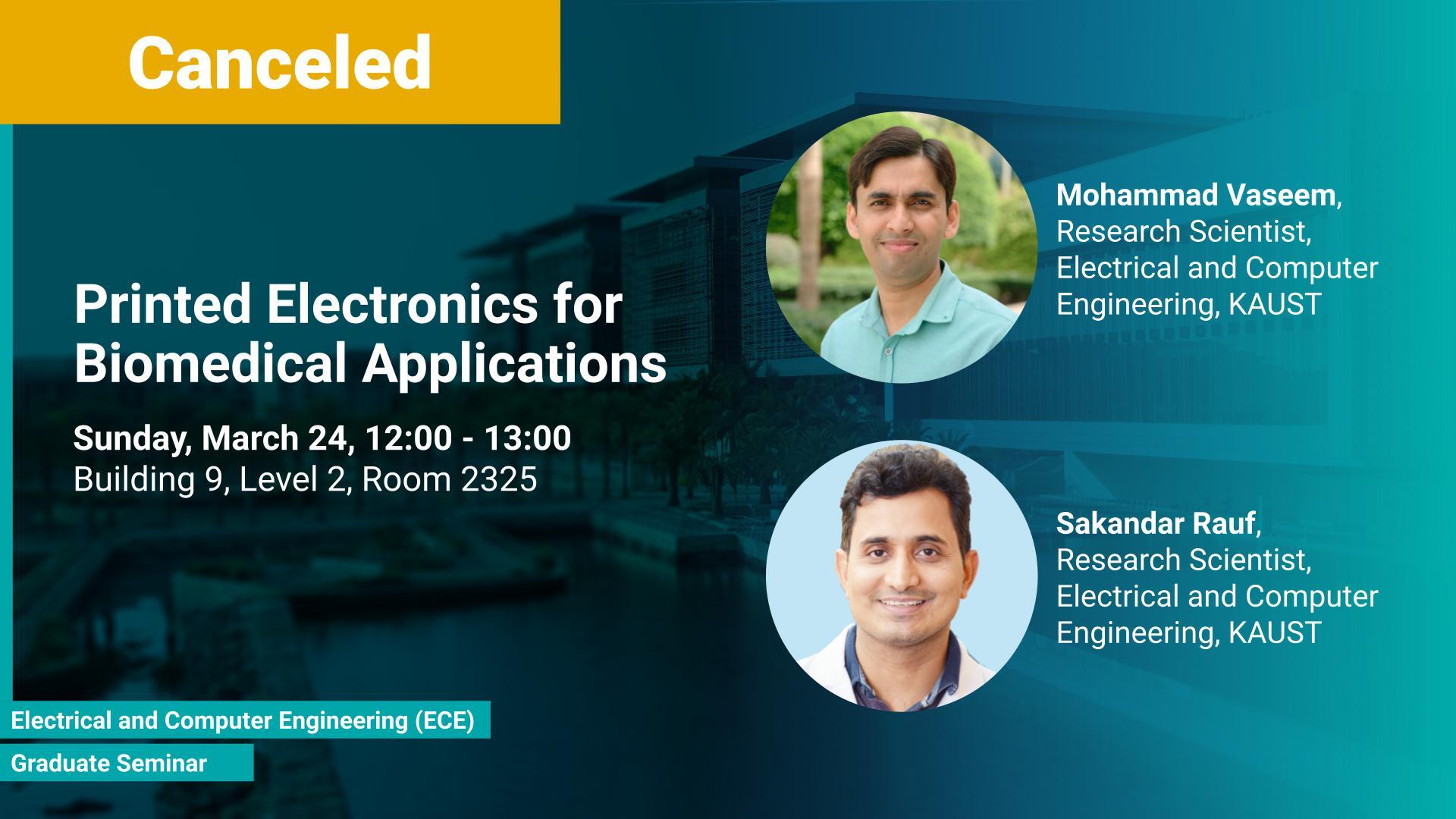Michael Jordan, Professor Emeritus, University of California, Berkeley
Tuesday, April 23, 2024, 12:00
- 13:00
Auditorium between building 2 and 3
Artificial intelligence (AI) has focused on a paradigm in which intelligence inheres in a single, autonomous agent. Social issues are entirely secondary in this paradigm. When AI systems are deployed in social contexts, however, the overall design of such systems is often naive --- a centralized entity provides services to passive agents and reaps the rewards. Such a paradigm need not be the dominant paradigm for information technology. In a broader framing, agents are active, they are cooperative, and they wish to obtain value from their participation in learning-based systems. Agents may supply data and other resources to the system, only if it is in their interest to do so. Critically, intelligence inheres as much in the overall system as it does in individual agents, be they humans or computers. This is a perspective that is familiar in the social sciences, and a key theme in my work is that of bringing economics into contact with foundational issues in computing and data sciences. I'll emphasize some of the mathematical challenges that arise at this tripartite interface.
